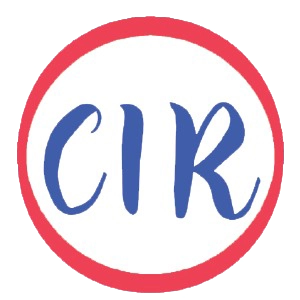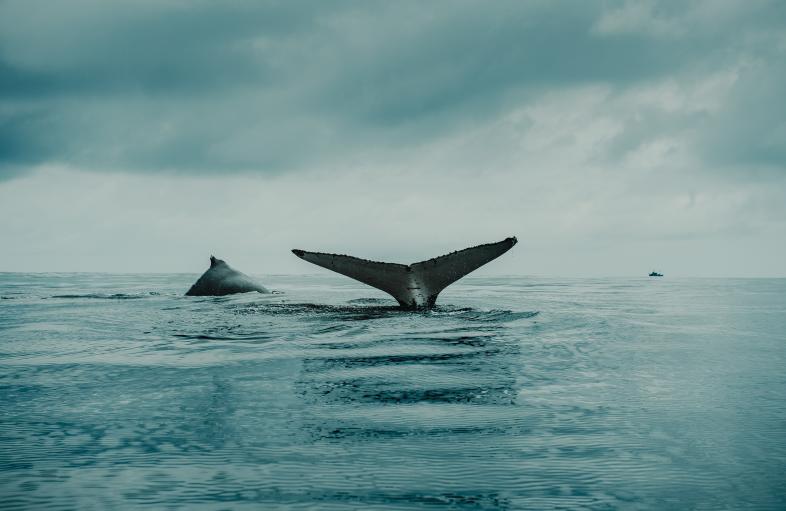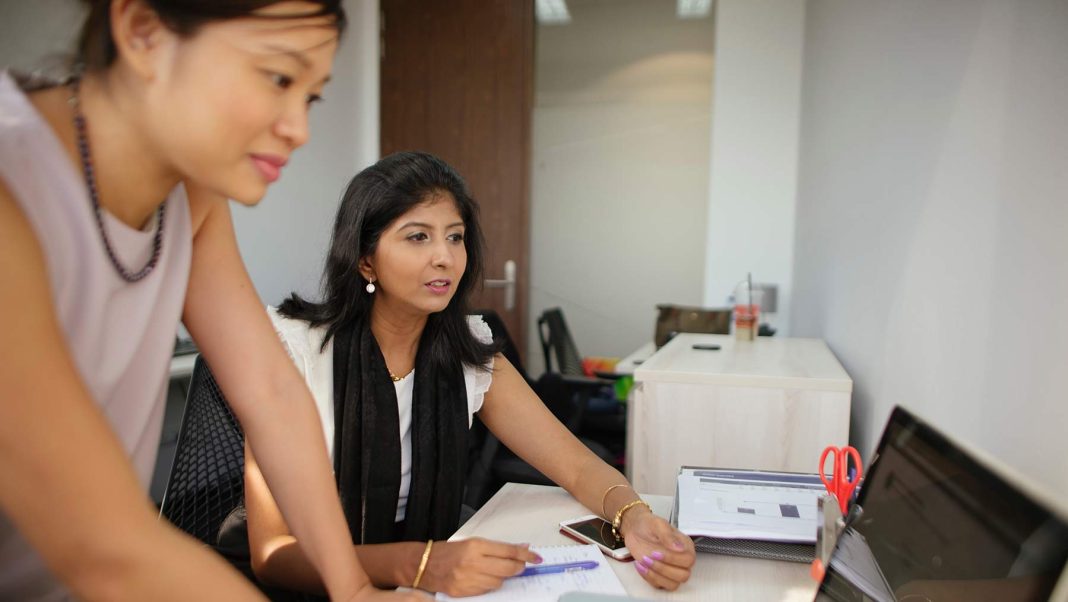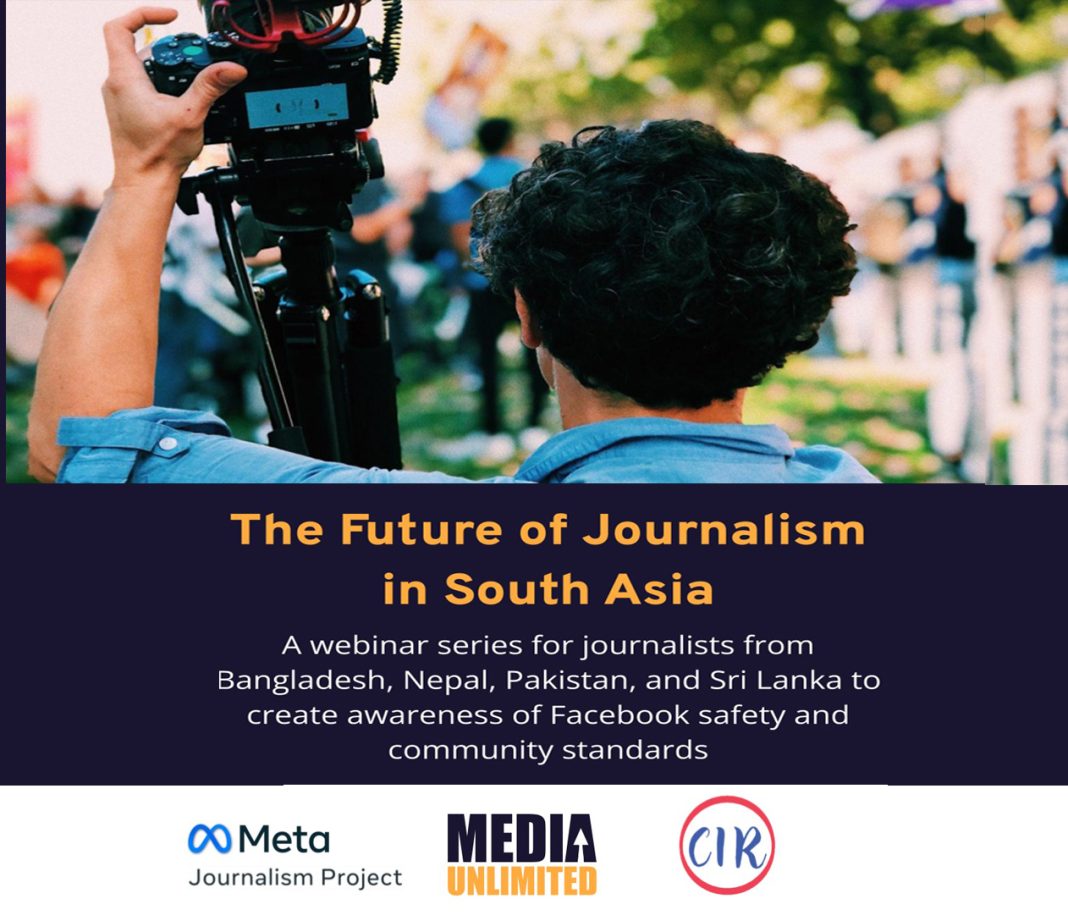EJN is offering reporting grants to journalists worldwide to support the production of in-depth stories on the high seas.
Please read the following sections carefully, as they contain important information on eligibility and the application process.
This application is available in Spanish, Portuguese, French and Bahasa Indonesia at the bottom of the page.
Overview
Oceans are the foundation of the blue planet on which we live. A vital life support system for Earth, they regulate the global climate, provide significant amounts of protein and serve as a massive carbon sink.
The interaction between the ocean, the atmosphere, and human impacts is altering both our climate and the ocean itself, and the change is intensifying. Yet the reality of what we are facing is not always known or fully understood by citizens or policymakers.
To fill this gap, EJN’s global Ocean Media Initiative aims to increase the quality and quantity of ocean-related stories in the media; and build the capacity of journalists to improve their coverage of ocean-related topics.
A particular part of the global ocean that has received relatively little attention is the high seas, an area that represents two-thirds of the ocean’s surface and 95% of the Earth’s total habitat by volume.
With support from the Paul M. Angell Family Foundation, EJN is pleased to offer up to 10 story grants to selected journalists to report on the high seas. In addition to funding, selected journalists will receive support from experienced mentors through the story production process.
Story Themes
We welcome story ideas that focus on the high seas – their importance and connection to climate change, biodiversity and other global issues; the threats they face; and ongoing efforts to protect and manage these areas, such as the UN’s efforts to negotiate the Marine Biodiversity of Areas Beyond National Jurisdiction (BBNJ) treaty.
Journalists may explore the impacts of ocean acidification and eutrophication, marine pollution, IUU/overfishing, seabed exploration and deep-sea mining, and the challenges and opportunities pertaining to governance and conservation, among other topics.
We aim to support the production of stories that raise awareness about the high seas and drive conversation among communities and policy makers at the local, national, and regional level. We are particularly interested in cross-border collaborations and stories. Proposals that focus on topics or stories that have not been widely covered are preferred. Issues that have already received a lot of media coverage or don’t provide unique angles to environmental or climate challenges are less likely to be selected.
Please note: For the purposes of this grant, we are not looking for story ideas related exclusively to near-shore waters and coastal issues.
Eligibility
Applicants can be from any country in the world; applicants from coastal countries are preferred.
Groups of journalists are eligible, particularly from different countries seeking to produce a cross-border project. However, the application must be made in the name of one lead applicant. Lead applicants are responsible for communicating with EJN and receiving funds on the group’s behalf, if awarded.
For the purposes of this grant opportunity, we will only be accepting applications in English, Spanish, French, Bahasa Indonesia and Portuguese. Unfortunately, we do not have the capacity to consider applications in other languages at this time. Applicants must either have a working understanding of English or have a translator available to assist with communication with Internews staff.
Applications are open to journalists working in any medium (online, print, television, radio) and other expert media practitioners with professional reporting experience. We welcome applications from early-career journalists and experienced reporters with a track record of covering ocean issues. We encourage applications from freelance reporters and staff from all types of media organizations – international, national, local and community-based.
EJN reserves the right to disqualify applicants from consideration if they have been found to have engaged in unethical or improper professional conduct.
Story approach & format
We expect to award up to 10 grants with an average budget of $1200 each. Generally speaking, applications with smaller budgets will be more competitive, but we will consider larger grant amounts for stories using innovative, collaborative or investigative approaches that may be more resource-intensive and time-consuming.
We plan to issue grants in March with the expectation that all stories will be published by the end of September at the latest. Applicants should consider this timeline when drafting their workplan.
All applicants are required to provide a detailed budget with justification for the amount requested using the template provided. We are asking you to consider what you’ll need to do this type of reporting. We ask that the budgets be reasonable and account for costs necessary for reporting, such as travel and accommodation. We expect that stories will be produced with equipment applicants already have access to (including cameras, drones, lighting, tripods, etc.) and prefer budgets that do not include a large amount of equipment.
We encourage reporters to follow best practices for Covid-19 when out in the field so you do not endanger yourself or the people you’re interviewing. If needed, you should include any Covid-related costs, such as tests or personal protective equipment, in your budget.
Stories can be produced in any language. However, applicants who intend to write or produce stories in their local language need to also include an English translation. Please include the cost for translation in the budget, if necessary.
Those who are awarded grants are free to publish or broadcast their stories first in their affiliated media as long as EJN, its partners and the grant funder, The Paul M. Angell Family Foundation, are also given rights to edit, publish, broadcast and distribute them freely. Freelance reporters should demonstrate a plan for publication or broadcast, and all applicants are encouraged to provide a letter of support from their editor, explicitly stating that the media outlet will publish the stories produced as a result of this grant.
Judging criteria
Applicants should consider the following points when devising their story proposals.
- Relevance: Does the proposal meet the criteria and objectives of the call? Why does this story matter and to whom? Is the main idea, context and overall value to the target audience clearly defined?
- Angle: If the story has been covered, does your proposal bring new insights to the topic or offer a fresh angle?
- Impact: Does the proposal have a compelling narrative or investigative element that will inform and engage, draw attention, trigger debate and spur action?
- Innovative storytelling: The use of creative approaches, multimedia and data visualization will be considered a plus.
Application process
- Click the ‘Apply now’ button at the top of the page.
- If you have an existing account, you’ll need to log in. Since we recently updated our website, you might have to reset your password by clicking the “Forgot password?” link in the log in page. If you don’t have an account, you must register by clicking “Log in with Auth0” on the top right of the page and click the “Sign up” link at the bottom of the page that opens. Click here for detailed instructions on how to create an account, and here for detailed instructions on how to reset your password.
- If you start the application and want to come back and complete it later, you can click ‘Save Draft.’ To return to the draft, you’ll need to go back to the opportunity and click ‘Apply now’ again to finalise the application.
- Applications should provide a detailed budget with justification for the amount requested. Download the budget template now by clicking on this link. We expect that proposals will largely reflect what equipment the applicant already has access to (including cameras, drones, lighting, tripods, etc.) and will not consider budgets that heavily focus on procuring new supplies. We will consider some costs for the reporters’ salary, particularly if the applicant is a freelancer, but this should be a small portion of the total budget. Please include the cost for translation, if necessary. Please also note on your budget form if you are receiving funding from any other donors for the story.
- You must submit two samples of stories or links to relevant work. You’ll be asked to upload these once you start the application process, so please have them handy.
If you encounter difficulties with submitting your application or have questions about the grants, please email [email protected]. Do not contact any other Internews email regarding this opportunity, as we will not receive it.
Applications submitted after the deadline will not be considered.
Application Link: https://earthjournalism.net/opportunities/ocean-media-initiative-story-grants-2022-covering-the-high-seas
Banner image: Two humpback whales sighted while heading back to the Sea Shepherd vessel Bob Barker during Operation Albacore III in the Atlantic Ocean / Credit: Flavio Gasperini via Unsplash.




